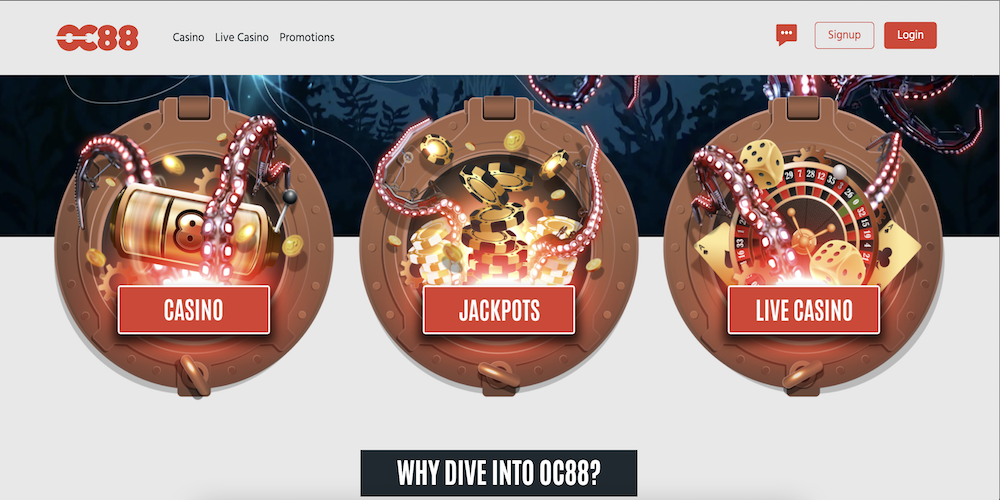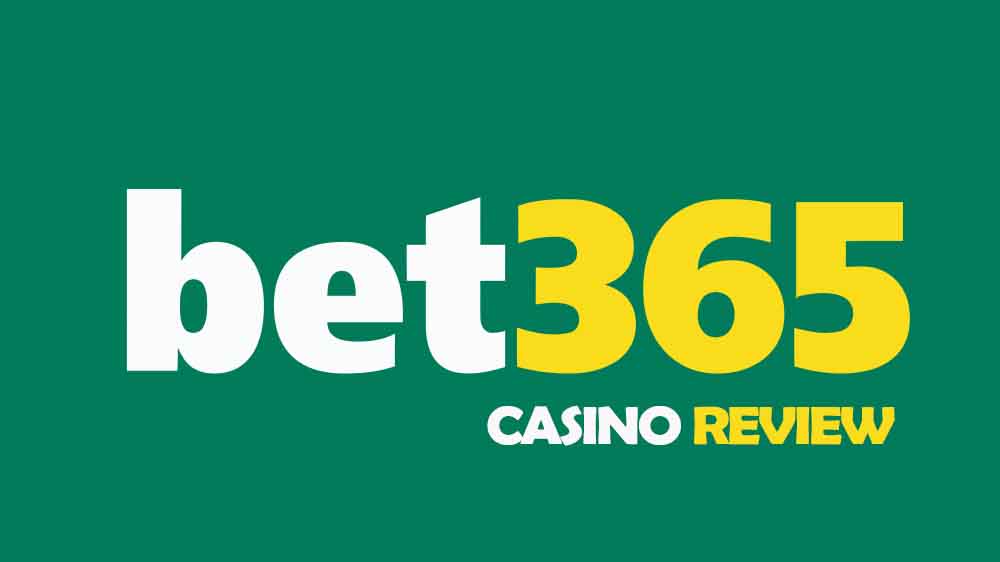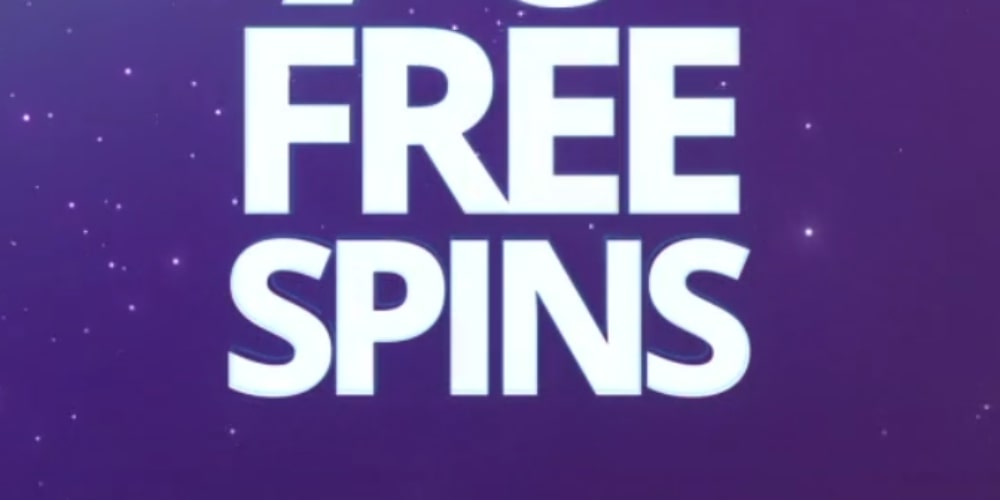Tribal Gambling in the United States of America
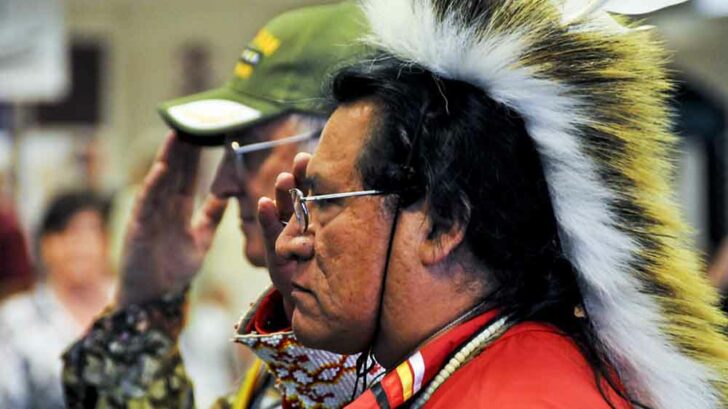
Image source: Flickr
Introduction: Native Tribal Gambling in the United States
You don’t have to be a whizz at history to know that the USA and it’s native population have had some pretty serious issues in the past. Even today, things aren’t so much improved. But one thing that stands out, is that many tribes now have casinos on their lands and get to keep the proceeds of gambling. In fact, the Native American tribal gambling industry is estimated to be presently worth over $100 billion! Right now, the gaming industry contributes to over 26% of all employment and an 11% decrease in the population’s working poor. So, you gotta ask yourself, how on earth did this only come about in the late 1980s?
Chech out the biggest gambling site of the US, Bovada
The Native Indian Gaming Regulation Act of 1988.
For the answer, we have to go back to the 1970s. A number of tribes decided to take matters into their own hands and try and help pull their own communities up out of abject poverty. We all are aware of just how much suffering and indifference to it, the tribes suffered since the 1880s. To that end, they opened up jackpot bingo halls that were for profit. Essentially these were designed to raise federal funds for their own people. And, as their land is sovereign to them, they considered themselves well within their rights to do so. Very quickly these ventures took off. And before you could say something racist towards them, these native Americans were finally able to aid their own peoples.
Sorry to say, this state of affairs came to the attention of both local and state regulators. As a result, multiple lawsuits were filed against the tribes and their gaming establishments. The issue was one of the native casinos violating anti-gambling laws. In the end, the California v Cabazon Band of Mission Indians was the landmark case that paved the way for the Indian Gaming Regulation Act (IGRA) thus allowed gambling on Native American soil. As you can imagine, the Californian state took the position that operating a gambling establishment went against an older statute that banned gambling across the state. The tribe argues that their land was sovereign and therefore state laws have no jurisdiction over them.

Tribal Gambling: Different Laws For Sovereign Nations
At the end of the day, the US Supreme Court sided with the Native Americans, citing that, yes, as a sovereign nation, they were free to do as they wished. This was a massive win and it was one of the first victories they had ever achieved. Finally, in 1988, President Ronald Reagan signed the IGRA into law on October 17th. This allowed the opening of casinos across the US on reservations. In turn, this allowed states without a previous gambling industry to see a sudden profitable burst from these new enterprises.
An example would be the state of Oklahoma, which had very strict anti-gambling laws. In fact, the only way to gamble would be to fly or take a long road trip to Las Vegas. All that changed when the Chickasaw Nation opened the WinStar Casino and Resort, which just happens to be one of the largest casinos in the world. It should be pointed out, that the passing of this law didn’t give Native American tribes carte blanche to do as they wished with tribal gambling. They still had to abide to the various laws that were stipulated within the IGRA itself, along with other federal gaming laws.
Today’s Native Gaming Climate
There are around 470 Tribal gaming establishments in the US today. Back in 1988, the most successful aspect of their businesses was the bingo halls. Today, all establishments enjoy profits from all casino jackpot games across the board. Many are huge ventures, which could easily give those famous casinos in Las Vegas a good run for their money. As far as the state with the most tribal casinos, well, that would be Oklahoma. Connecticut is next and there you’ll find the Foxwood Casino and Resort, among any number of great casinos to win the jackpot.
Bypassing the IGRA, the US government gave the tribes a means of having businesses with sustainable growth. And so it’s proved, as casinos on native lands have expanded and grown at a huge rate. We guess that it’s simply a case of supply filling a demand. But any folk look upon the native American casino industry as “recession-proof”.
Native Tribe Gaming Effects on Tribal Communities
To see the effect of this new influx of cash and opportunity, we have to step back into the past. Today’s native populations still face the highest rates of crime, poverty, domestic issues, and death rates that are off the charts. This comes on the backs of years of systematic suppression and oppression, that have seen these tribes pushed off their own fertile lands into the wilderness and barren areas. Often on the Eastern side of mountain ranges that receive no sunlight, these isolated and desperate locations ensured that these populations had no chance of being self-sufficient. This was a direct result of the Removal Act that took place in the 1880s.
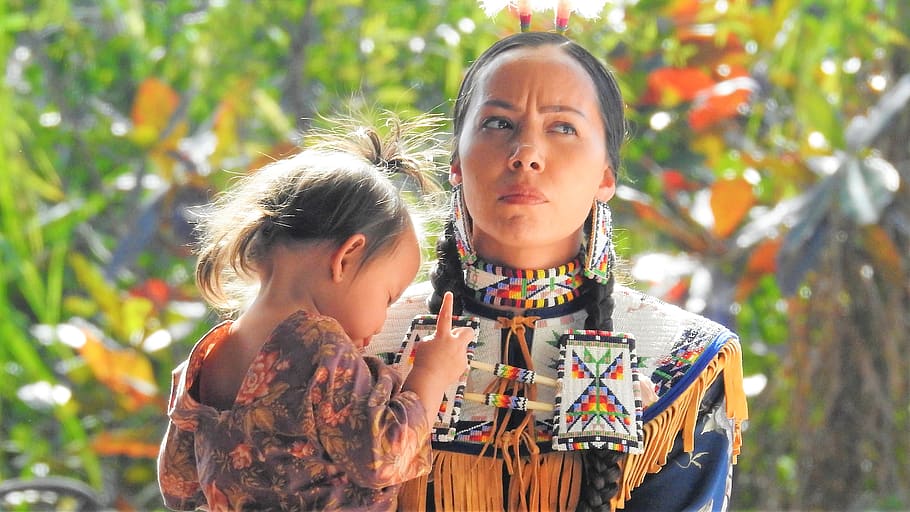
So it’s no surprise that the tribes jumped at the opportunity to have casinos and the profits that followed as a means of betting the life of all. but in truth, it’s very hard to quantify the positive effects of the gambling industry, mainly because we’re dealing with sovereign nations who guard their local information closely. But the IGRA hasn’t benefited many tribes. As we previously mentioned, the Removal Act took them to barren and isolated parts of the US. To open a casino in, say, Thackerville, is great, as you’re about an hour from a major metropolitan area. If you own the Foxwood Casino, well, you’re also around a one hour drive from New York.
Tribal Gambling: Location, Location, Location
But if your tribe is in the middle of Arizona or New Mexico desert, then good luck with that. There’s really no available infrastructure, like proper roads and airports to enable punters to come. In fact, several large casinos have been built on more isolated lands and all have failed. You might build it, with all the lights, games and jackpot slots, but it doesn’t follow that they will come. There are those who question the tribe’sown ability to set up and run large gaming establishments. This might sound like racism masquerading as sympathy but there have been some previous factors that could make such statements perfectly valid.
A case in point would be that of Jack Abramoff. He was able to defraud many different native American casinos of over $25 million. He promised to approach the government and lobby on behalf of the Native casinos. And he did in fact go the Capitol Hill and lobby, but directly against their interest. Of course, he was nothing more than a fraud and served time for his efforts. But the sheer ease with which he was able to carry out his disgusting scheme does make you sit up and wonder as to how easily these tribes were duped.
Help vs Self-Help
One thing to keep in mind is that Indian gaming is relatively new when compared with historical gambling cities like Las Vegas and Atlantic City. As a result, there have been many successes and also a number of flops. but we can see that the Native share of the casino gambling space is gradually increasing over time. This must point to them doing something right. Some have stepped forwards to argue that Native tribes lack the education or business savvy to own such establishments. But for us, this stinks of good old fashioned racism. Today, many tribes have teamed up with outside names from the gambling casino industry. And these partnerships appear to be enjoying fruitful results.

Conclusion: Native Tribal Gambling in the United States
It’s unfortunate that there have been no other efforts to help these indigenous peoples apart from offering the possibility of gambling establishments. They still face an uphill struggle with both crime and endemic poverty. One could ask how a population that has been oppressed for so long be able to manage the responsibilities that come with an influx of cash. Or even running these cash-based businesses. Both time, along with careful management and America’s ever-growing love of gambling will offer a long term solution to tribal problems.







